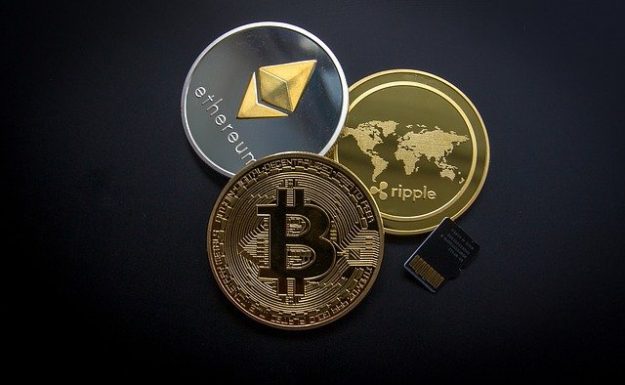
“I wish to join a blockchain network and buy some crypto coins, but I am green and know very little. Where do I even start?” This is a common question that many individuals usually ask or have at the back of their minds when considering blockchain and cryptos. We must agree that the entire blockchain technology is pretty complex. But, it should be because this design makes it possible to offer the solutions that other simplistic organization designs were unable to.
The good thing is that the blockchain is designed to make it work in your favor. Whether for sending money, taking a crypto loan, or selling non-fungible tokens. In this case, we will tell you three things that you probably did not already know.
Let's start by saying this, 2021 is to blockchain, the way the late 1990s was to the internet. So, like the former technology, the internet, blockchain is the new kid in the block. And, it is here to stay. If you are new, it is time to get deeper and start using it.
Blockchain is an immutable and distributed digital ledger operating with no central authority. It is immutable because once you add data, you cannot change it. Therefore, you can trust the accuracy of the data stored in its network. When it comes to the distribution of the blockchain, it means that the records are not stored in any one computer. Instead, the information is available on all the computers (call them nodes) on the blockchain network.
The information about the transactions happening on the blockchain is added in blocks. These link together so that over time, it looks like a chain. That is where the name blockchain came from.
Although many publications usually note the first blockchain protocol was created in 2009 during the Bitcoin release, the truth is that it began close to 30 years earlier. In 1982, David Chaum developed the first blockchain-like protocol. Haber Stuart and Scott Stornetta built on Chaum’s work in 1992. However, Satoshi Nakamoto (believed to be a pseudonym for a single or group of persons) implemented the first blockchain and deployed the pioneer cryptocurrency in 2009.
As we indicated earlier, the information on the blockchain is contained in blocks that link to form a sort of a chain. Below is the first block (genesis block) on the Bitcoin blockchain.

As we mentioned earlier, blockchains do not use centralized offices or entities to process transactions. Instead, they rely on consensus protocols to validate transactions. There are two main types of consensus protocols used on blockchain networks, proof of work (POW) and proof of stake (POS).
This protocol is used in most blockchain networks, such as Bitcoin and Ethereum. However, the latter is shifting to POS. POW is based on cryptography, which uses mathematical equations that computers are required to solve to be able to confirm transactions and mine the next block for the blockchain. The first to get the answer gets to solve the equation and is rewarded with some BTC. The main challenge with POW is that it uses a lot of power (electricity) and the number of transactions that can be processed is pretty low.
Although proof of stake (POS) also uses cryptography, only selected validators, who hold stake in a network, get to validate transactions. The more the stake you have, the higher the chances of getting selected to validate the next transaction. This is the idea used in staking pools. The pooling companies ask people to commit their coins and pool them together to help confirm transactions.
As you can see, blockchain is a technology dating close to 40 years back, but whose application is pretty nascent. The technology has opened gates to new products, from crypto loans to non-fungible tokens (NFTs), that you can use. Others include investing, processing payments, and staking. To get it right on blockchain and cryptocurrencies, it is vital to get an expert to hold your hand. So, call Hi now for all the assistance you need about blockchain and cryptos.